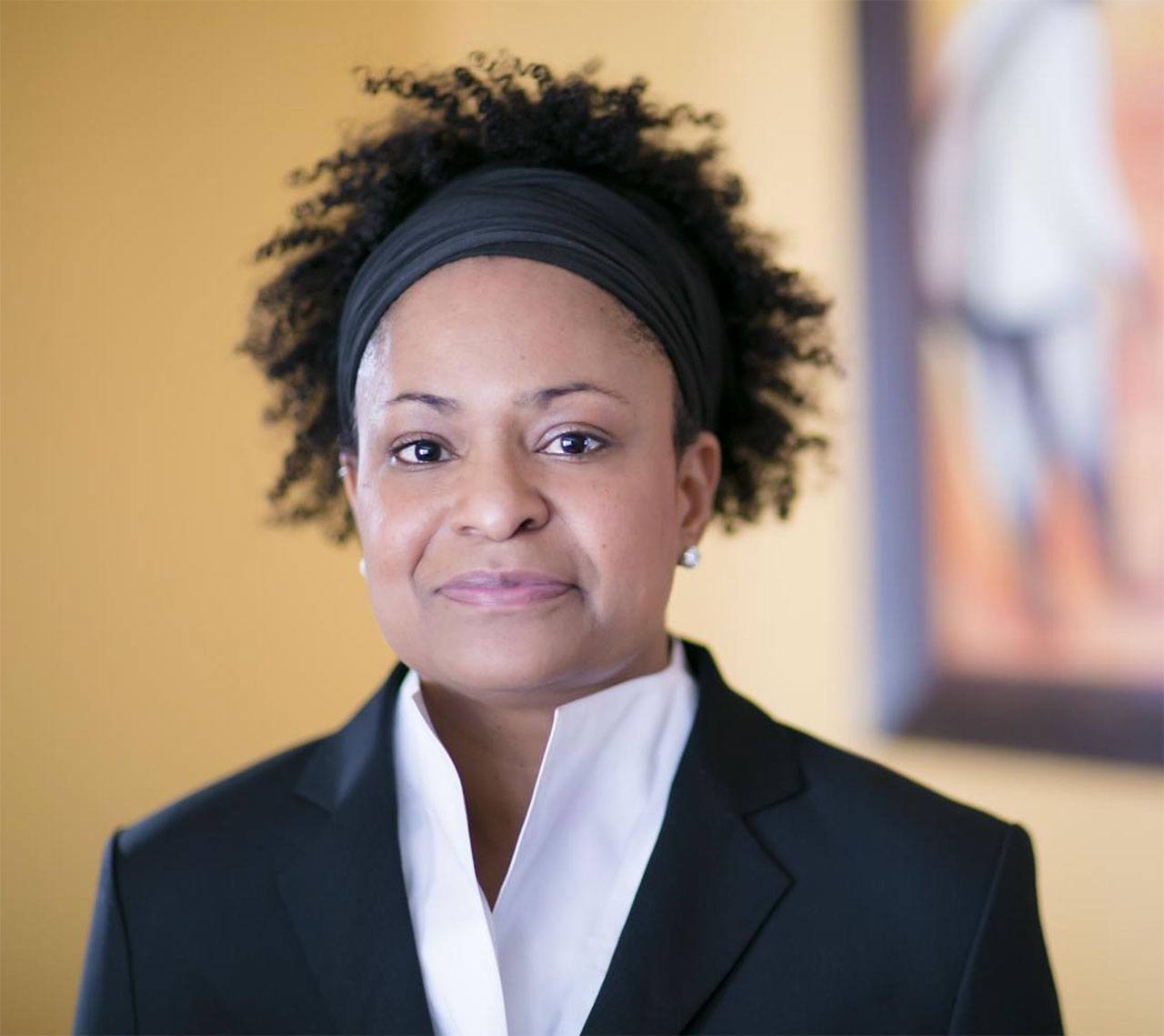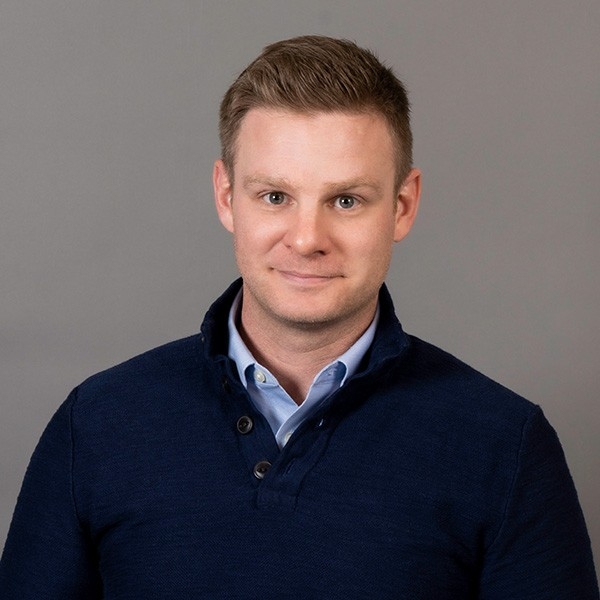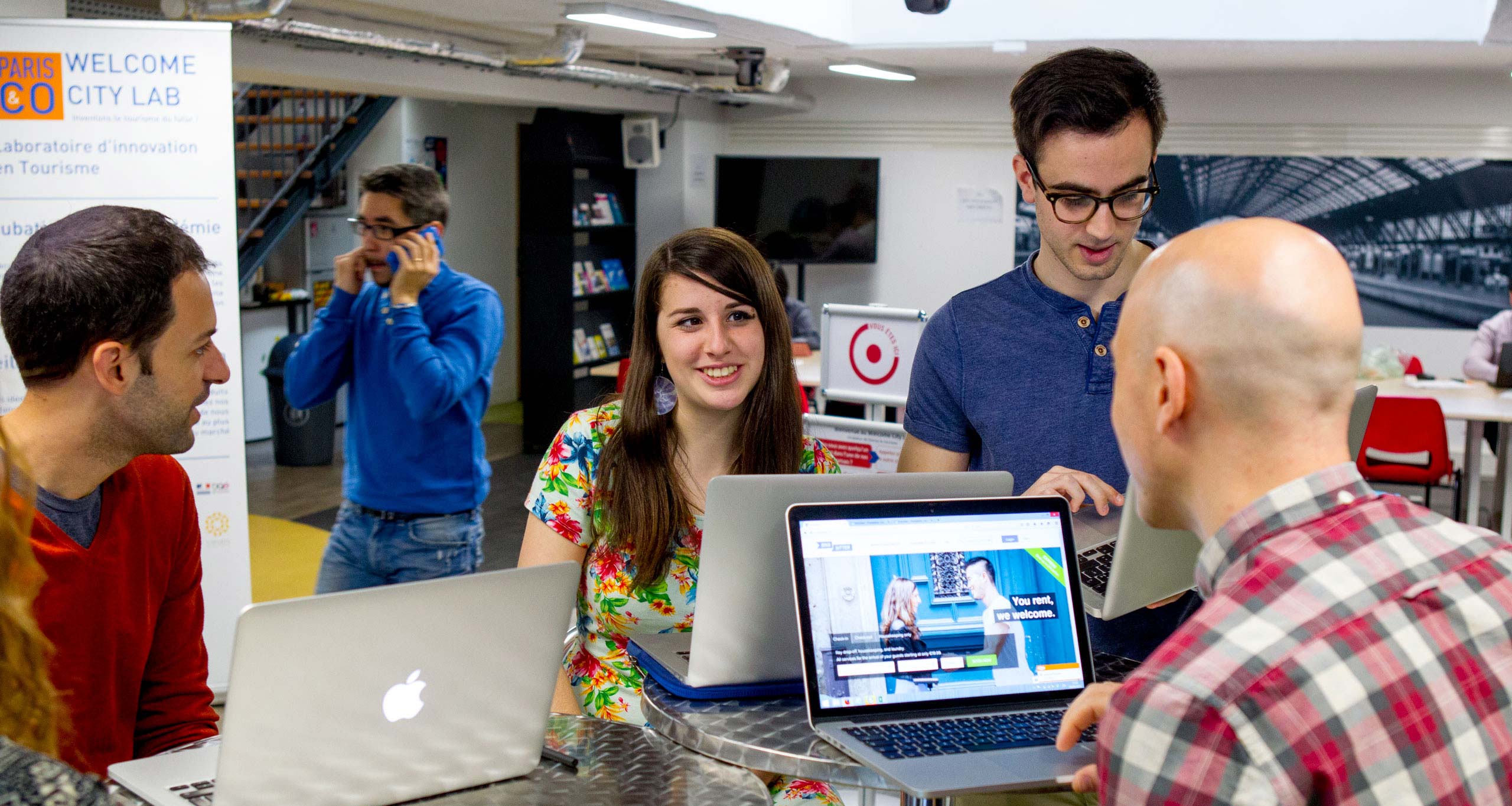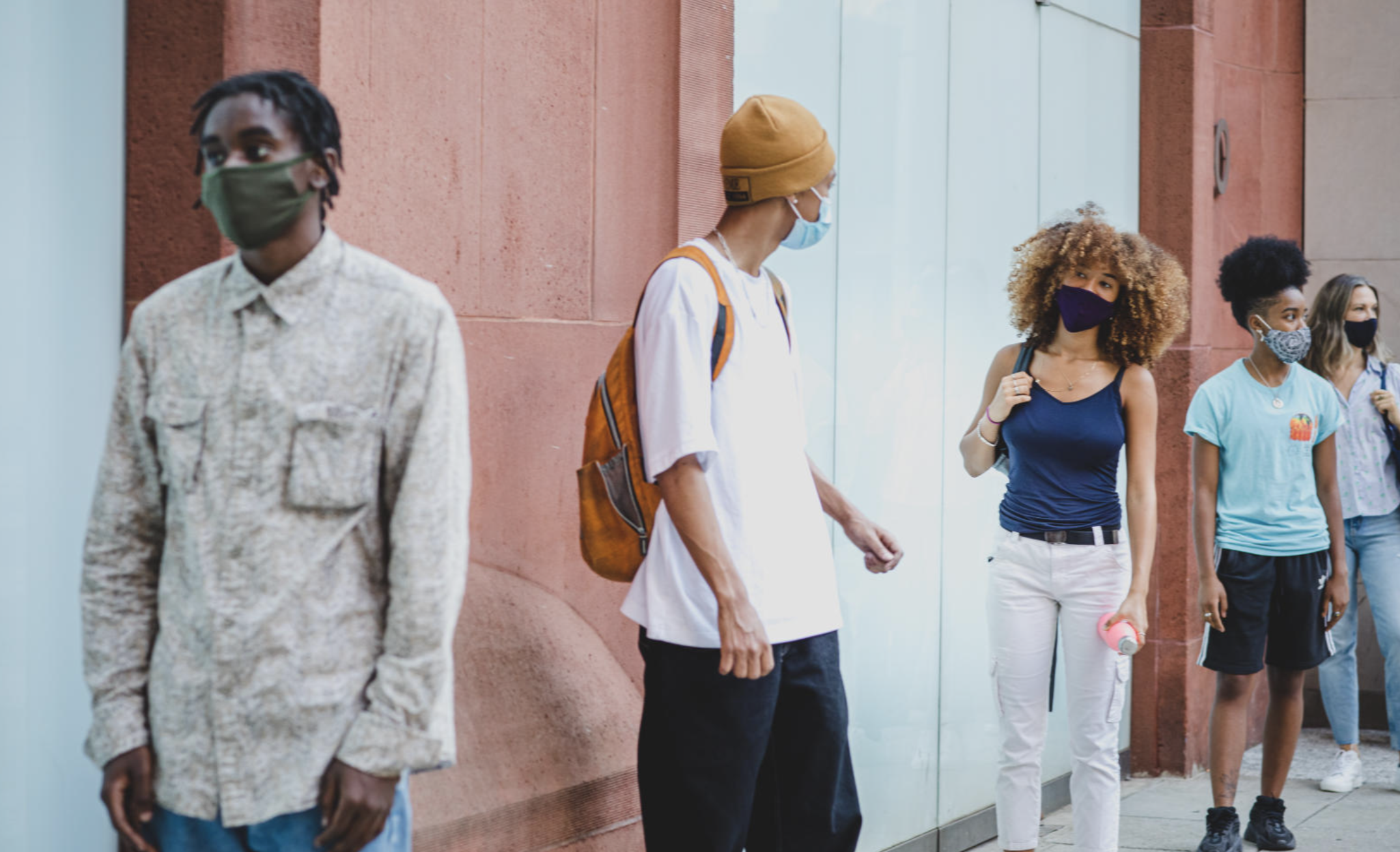Published May 26, 2020
Meet Dr. Lisa Coleman: NYU’s Inaugural Head of Global Inclusion, Diversity, and Strategic Innovation
In her capacities as senior vice president (SVP) for global inclusion, diversity, and strategic innovation and chief diversity officer (CDO), Dr. Lisa Coleman spends every waking moment thinking about how the entire NYU community—students, faculty, staff, and alumni—can work together to ensure everyone feels like they can thrive here. We sat down with her to discuss her office’s role, how students can get involved, and her vision for the future of NYU.

As NYU’s first SVP for global inclusion, diversity, and strategic innovation and CDO, you head the newly formed Office of Global Inclusion, Diversity, and Strategic Innovation. Can you tell us a bit about what this office does?
Dr. Lisa Coleman: Yes, indeed I am the first SVP and CDO, and I like to describe our office as a start-up with a huge investor. Of course, there were many people who paved the way for the creation of the office, and I am deeply indebted to these pioneers.
In terms of the current structure of the office, there are hubs, let’s call them, within the Office of Global Inclusion (OGI): Leadership, Pedagogy, Training, Research Development and Consultation; the Center for Multicultural Education and Programs (CMEP); the LGBTQ+ Center; Disability-Inclusive Culture; and Inclusion and Innovation. Each of these hubs has its own specific focus, but they work together to accomplish three things.
First, we consult with faculty and staff to create professional development, scholarly opportunities, and training to assist in the engagement of students in learning and research across vast, globally diverse contexts. Second, through related programming, we develop cocurricular initiatives that complement these opportunities. And third, we work with NYU community members and external partners to provide ways to embrace and expand knowledge, research, and product creation for future generations—many of whom are already and will continue to be centered on innovation and global entrepreneurial learning and work opportunities.
In summary, we are a fast-growing start-up and we offer consultation to the entire NYU community across all campuses and global academic sites. OGI’s programs and consultative efforts focus on many areas, including global inclusive leadership and professional development, strategic innovation, and diversity in research. They range from in-person and virtual research intensive lectures to student leadership programs to outrageously fun gatherings in an effort to forge collaborations between students, faculty, staff, and alumni.
How does your office and its programs and opportunities benefit students’ experiences at NYU?
Dr. Coleman: We have all types of really exciting programs that students can learn about on our office’s website and social media channels. Our staff puts together a robust slate of programs each year that bring together student voices and build upon all that they’re learning in class, from their local and global engagements, and through their peer-to-peer interactions. We continue to be innovative, agile, nimble, and timely in an effort to be both proactive in our outreach and programmatic initiatives and reactive in addressing disruptions and concerns as they arise for specific populations or groups.
The OGI team puts in a tremendous amount of work to cultivate and promote cocurricular programs that build on our vast scholarly and research activities. Also, it’s no secret that college can be demanding, no matter how you slice it. And trying to navigate college in New York City or at any of NYU’s degree-granting campuses and global academic locations can be even more challenging. We work very closely with faculty and staff partners to create resources to help everyone navigate rapidly changing learning and pedagogical environments. We are particularly attentive to students and others who unfortunately feel like they’re encountering barriers to success or aren’t thriving because of their often marginalized identities and backgrounds.
Shifts in technology and demographics are reshaping every aspect of the world, and we often see these changes first at the university level because of our global student populations. This presents us with tremendous collaborative possibilities. Because of NYU’s global presence, it’s important for us to collaborate, research, and learn so we can provide our communities with the information and skills to navigate changing global landscapes such as pandemics, related disruptions, and so much more. It is our hope that students will graduate from NYU with the ability to work and make significant contributions to our future across broad, globally diverse contexts of difference. We want all NYU students to be able to leverage their NYU education—which includes learning how to build knowledge from different and divergent ideas—to push for better innovation in literally every area of work and research.
How can students get involved with your office?
Dr. Coleman: In addition to all kinds of groups, programs, and volunteer opportunities in which students might involve themselves, NYUWomxn100 and new initiatives aligned to the next phase of Being@NYU are the two things that come to the top of my mind right now.
2020 is the centennial recognition of the ratification of the 19th Amendment. We have engaged with the entire NYU community as well as external groups to develop a series of programs that explore the meaning of “gender and women” at NYU and around the world by foregrounding 100 years of achievements forged by innovative women, including those who have been historically marginalized or erased.
Next year, we want to ensure we build upon the themes of Being@NYU and the ideas of being together in communities of experimentation: working together in times of challenge and disruption to create novel science, art, technologies, processes, and more. This initiative has many components, but the most important is the student engagement pieces that will allow our students and recent alums to contribute to how we come to be an NYU global community together.
Later this year, we will also work with our partners to honor and celebrate the implementation of the Americans with Disabilities Act and highlight some of the great work going on at NYU. We will also have the opportunity to celebrate the 25th anniversary of the NYU LGBTQ+ Center. Additionally, we offer numerous annual programs, including NYU Portraits, MLK Week, and Solidarity Week. Everyone is encouraged to get involved throughout the year.
In general, it’s not a question of how students can get involved, but rather what they want to be involved in, when they want to get involved, and what aligns with their interests. There are so many opportunities. Check us out. Follow us on our OGI, CMEP, and LBGTQ+ Center social media channels. You can even bookmark us! (laughs)
In your opinion, what is the most exciting thing about the NYU community?
Dr. Coleman: NYU is incredibly diverse, inclusive, and innovative. The range of diversity comes from a combination of our location in the heart of New York City and our global network. Differences and multinational diversity are just the nature of New York City. People say that New Yorkers aren’t friendly or generous, but I’ve lived in places where people aren’t friendly or generous, and I find New Yorkers to be extremely congenial, highly motivated, and globally and locally diverse. Sometimes we can be very direct—maybe even brash—but we also live in a complex city where people have to navigate differences all the time.
Navigating diversity and leveraging differences, and sometimes disruption, is part of the challenge, energy, innovation, and excitement of the city and of our NYU culture. We are NYU: in and of New York City and in and of cities of the world. We promote excellence in education by tapping into these globally diverse and synergistic energies as we engage new ways of learning, teaching, and researching. NYU is incredibly agile and nimble when compared to its peers. We reinvent, disrupt, and reinvent again. We know from research that engaging globally inclusive and accessible practices, as well as diverse talent, leads to the best and most innovative ideas and products. This is one of the central reasons we at NYU have and will continue to outpace so many of our peers.
What impact do you hope your office will have at NYU over the next 10 to 15 years?
Dr. Coleman: I hope that we are a leader at the intersection of sustainable global inclusion and innovation developments in all types of fields—from technology and science to the arts and humanities—because this is the future. Recently, while teaching a January Term course at NYU Abu Dhabi, I had my class discuss the jobs that will be eliminated in the next 15 years and the jobs that will be developed. One of the reasons I love working in higher education is the chance it gives me to study history and engage in research across all disciplines as we think about what is next. As we look toward the future, I believe it is essential to engage and welcome emerging leaders and scholars, such as the students who, during our discussion, predicted the elimination of teaching as a profession but offered some truly fascinating hybridized alternatives. (laughs)
In order to thrive in our new futures, navigate the inevitable disruptions, and traverse our ever-unfolding new normals, we will all need to be nimble and innovative transgenerational learners who can access and work across globally diverse categories and peoples. We will need to learn, teach, research, and produce knowledge in new ways. Fortunately, that is what we do best in higher education. We know that the future will involve tremendous growth in ways that have yet to be discovered, and I see NYU and OGI as leaders in that conversation.



